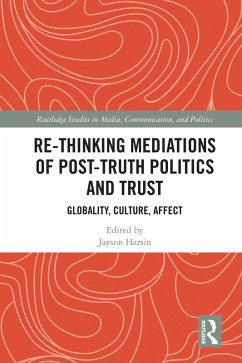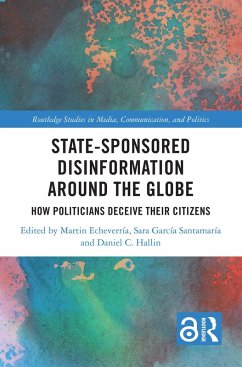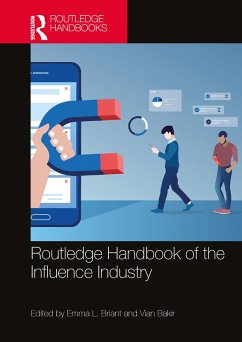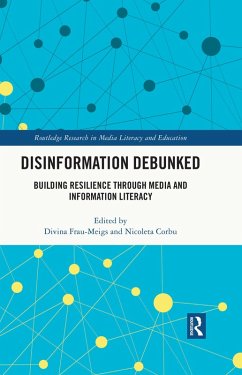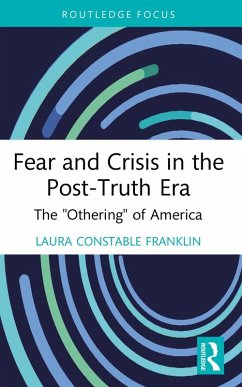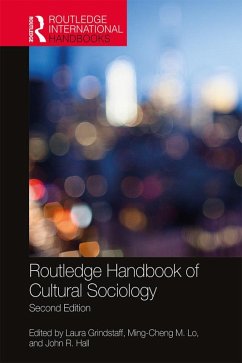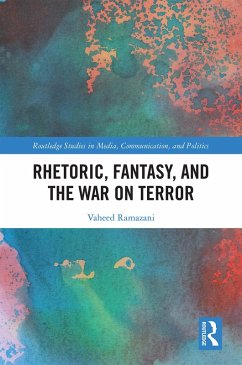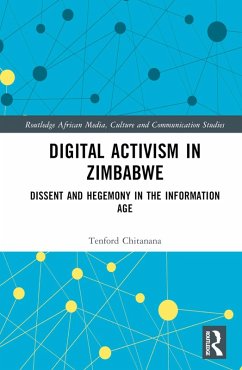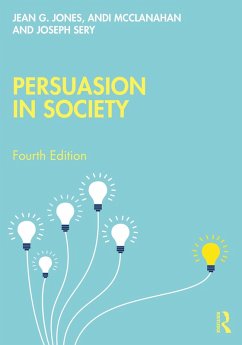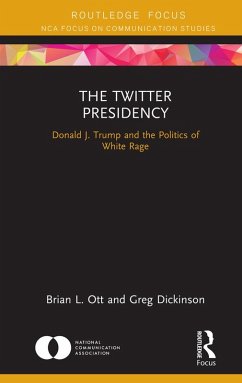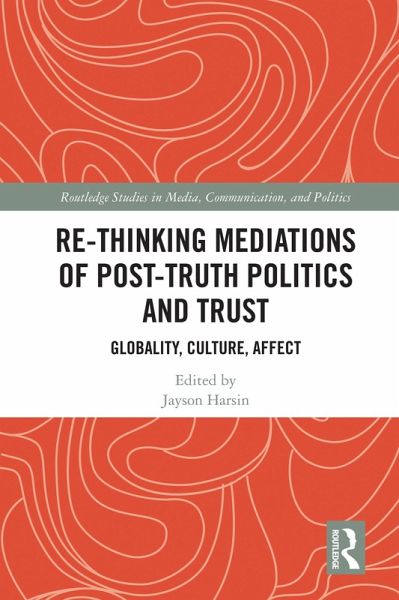
Re-thinking Mediations of Post-truth Politics and Trust (eBook, ePUB)
Globality, Culture, Affect
Redaktion: Harsin, Jayson
Versandkostenfrei!
Sofort per Download lieferbar
42,95 €
inkl. MwSt.
Weitere Ausgaben:

PAYBACK Punkte
21 °P sammeln!
This collection reaches beyond fake news and propaganda, misinformation, and charismatic liars, to explore the lesser-publicized cultural forms and practices that serve as a cultural infrastructure for post-truth society and politics.Situating post-truth in specific contexts as a site of contestation or crisis, the book critically explores it as a dynamic and shifting site around which political and cultural practices in specific contexts revolve and overlap. Through a breadth of perspectives, the volume considers a number of overlapping cultural and political developments across varying natio...
This collection reaches beyond fake news and propaganda, misinformation, and charismatic liars, to explore the lesser-publicized cultural forms and practices that serve as a cultural infrastructure for post-truth society and politics.
Situating post-truth in specific contexts as a site of contestation or crisis, the book critically explores it as a dynamic and shifting site around which political and cultural practices in specific contexts revolve and overlap. Through a breadth of perspectives, the volume considers a number of overlapping cultural and political developments across varying national and transnational contexts: changing technologies and practices of cultural production that sometimes shift and at other times reproduce authority of traditional institutional truth-tellers; seismic cultural changes in representations, values, and roles regarding gender, sexuality, race, and historical memory about them, as well as corresponding reactionary discourses in the "culture wars"; questions of authenticity, honesty, and power relations that combine many of the former shifts within an all-encompassing culture of (self-)promotional, attentional capitalism. These considerations lead scholars to focus on corresponding shifting cultural dynamics of popular truth-telling and (dis-)trust-making that inform political culture. In this more global view, post-truth becomes foremost an influentially anxious public mood about the struggles to secure or undermine publicly accepted facts.
This nuanced and insightful collection will interest scholars and students of communication studies, media and cultural studies, media ethics, journalism, media literacy, sociology, anthropology, philosophy, and politics.
Situating post-truth in specific contexts as a site of contestation or crisis, the book critically explores it as a dynamic and shifting site around which political and cultural practices in specific contexts revolve and overlap. Through a breadth of perspectives, the volume considers a number of overlapping cultural and political developments across varying national and transnational contexts: changing technologies and practices of cultural production that sometimes shift and at other times reproduce authority of traditional institutional truth-tellers; seismic cultural changes in representations, values, and roles regarding gender, sexuality, race, and historical memory about them, as well as corresponding reactionary discourses in the "culture wars"; questions of authenticity, honesty, and power relations that combine many of the former shifts within an all-encompassing culture of (self-)promotional, attentional capitalism. These considerations lead scholars to focus on corresponding shifting cultural dynamics of popular truth-telling and (dis-)trust-making that inform political culture. In this more global view, post-truth becomes foremost an influentially anxious public mood about the struggles to secure or undermine publicly accepted facts.
This nuanced and insightful collection will interest scholars and students of communication studies, media and cultural studies, media ethics, journalism, media literacy, sociology, anthropology, philosophy, and politics.
Dieser Download kann aus rechtlichen Gründen nur mit Rechnungsadresse in A, B, BG, CY, CZ, D, DK, EW, E, FIN, F, GR, HR, H, IRL, I, LT, L, LR, M, NL, PL, P, R, S, SLO, SK ausgeliefert werden.




